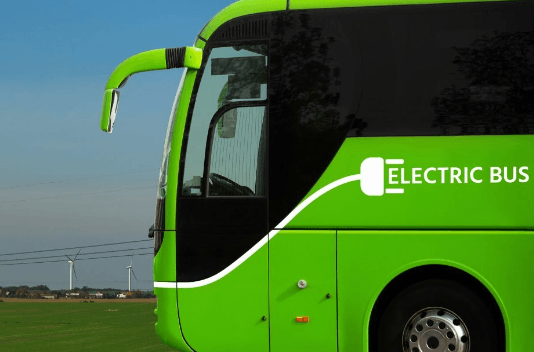JAIPUR: Rajasthan is gearing up to revolutionize its urban transport landscape with the imminent introduction of 500 air-conditioned electric buses across seven key cities, including Jaipur, by September this year. This initiative, under the Prime Minister E-bus Sewa Scheme, aims to bolster public transport infrastructure and curb vehicular emissions in urban centres.
Following a strategic review session with Chief Minister Bhajan Lal Sharma, officials from the local self-government (LSG) department have expedited procurement procedures to acquire these eco-friendly buses. Jaipur City Transport Services Ltd (JCTSL) confirmed that all necessary paperwork has been finalized, with ongoing coordination efforts with the Union Ministry of Housing and Urban Affairs to facilitate swift procurement. “Jaipur is slated to receive 150 of the 500 e-buses, while the remaining will be distributed among cities like Jodhpur, Udaipur, Ajmer, Kota, Bikaner, and Bharatpur,” stated a spokesperson from JCTSL. The agency, acting on behalf of the state government, will oversee the allocation of these buses to respective municipal corporations, addressing critical shortages and enhancing the operational lifespan of public transport fleets.
“This initiative marks a significant milestone as Rajasthan ventures into electric urban mobility for the first time,” highlighted a senior official involved in the project. “It not only addresses our current bus fleet challenges but also aligns with our commitment to fostering a cleaner, pollution-free environment across urban areas.” Earlier endorsed by Deputy Chief Minister Diya Kumari just before the imposition of the model code of conduct for the Lok Sabha elections, the project has received financial approval. The operation and maintenance of these vehicles will be entrusted to Convergence Energy Services Ltd (CESL), a subsidiary under the Ministry of Power, New and Renewable Energy, ensuring efficient management and sustainability. As Rajasthan prepares to embrace electric buses as a cornerstone of its urban transport strategy, the initiative underscores a pivotal shift towards sustainable mobility solutions. The successful implementation of this ambitious project is poised to set a precedent for other regions grappling with urban transport challenges, while advancing the state’s green agenda and enhancing public transportation accessibility.


